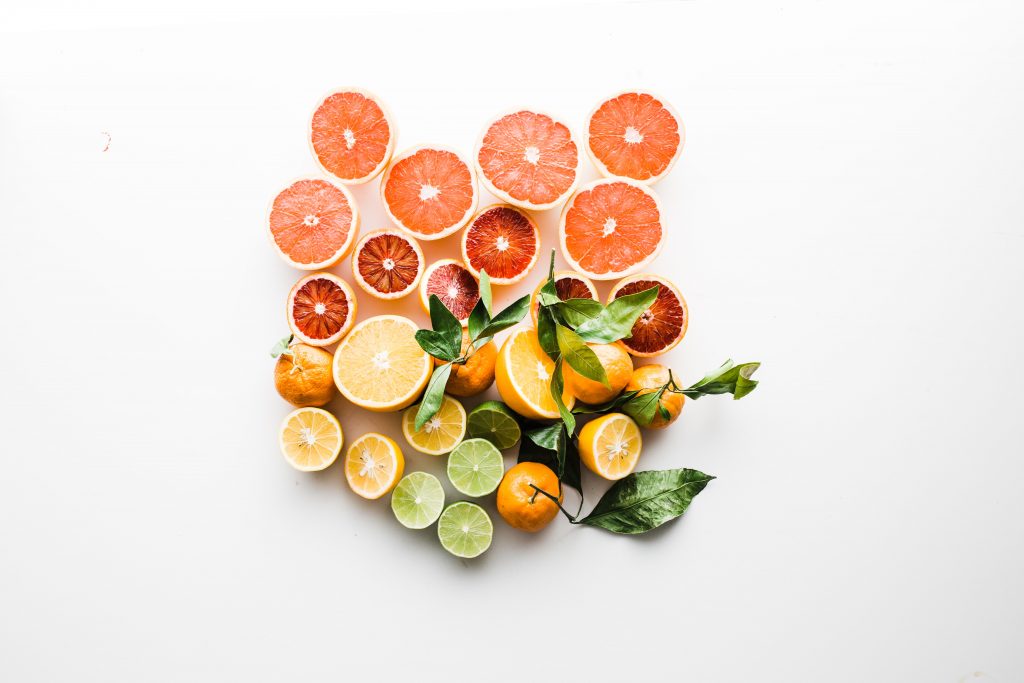Low potassium in the elderly – what you should know

Low potassium in the elderly.
Potassium is an important electrolyte that is important for nerve and muscle function in the body.
It helps your heartbeat to stay regular.
Potassium is also important for proper cell function.
Cells in our bodies are constantly moving substances in and out of them – waste products are taken out and important nutrients are brought in for instance.
Potassium is crucial for these functions. Thus, without it, different muscle groups and cell function is impaired.
What causes low potassium in the elderly?
Diuretics
Diuretics are commonly-prescribed high blood pressure medication. People who take diuretics have increased urine production. And with increased urination comes the loss of electrolytes like potassium.
Overuse of laxatives
While the occasional use of a laxative is helpful in getting rid of constipation, it is important not to overuse it.
In fact, overusing a laxative causes diarrhea which results in a large loss of water and electrolytes like potassium.
If you or your elderly loved one is experiencing chronic constipation, it’s important to see a doctor about it.
Malnutrition
Malnutrition is a very common cause of low potassium in the elderly.
Diarrhea and excess vomiting
This can be the cause of low potassium as well.
Kidney disease
Chronic kidney disease will also contribute to a low blood potassium level.
What are the symptoms of low potassium?
When potassium levels fall below a certain level, the individual may experience:
- muscle cramps or twitching
- an irregular heartbeat
- weakness
- fatigue
- constipation (which is why it is important to not overuse laxatives!)
If you notice that these symptoms persist, it’s important to see a doctor immediately.
How is low potassium in the elderly prevented and treated?
Food is the best source of potassium for anyone at any age. And since prevention is always better than treatment, preventing low potassium starts with eating potassium-rich foods.
Here are twenty foods that are rich in potassium.
- Grapes
- Blackberries
- Honeydew
- Bananas
- Oranges
- Cantaloupe
- Grapefruit
- Spinach
- Cucumbers
- Broccoli
- Sweet potatoes
- Mushrooms
- Peas
- Potatoes
- Fish like tuna, halibut and cod are also rich in potassium
- Lima beans
- Pinto beans
- Molasses
- Nuts
- Bran cereal
- Brown rice
- Whole wheat bread and pasta
If a doctor notes through testing that blood potassium levels are very low. And, they might administer IV potassium to your loved one at the hospital.
Since we are not medical professionals, it is important to speak with your doctor if you feel you are experiencing a medical issue. And, doctors can prescribe supplements!
Also, they might treat any underlying disease contributing to this low potassium.

2 comments
Maxine Williams
May 14, 2021 at 9:32 am
Thankyou for the information, it is very helpful. I’ve checked the food lists, and there are several items I cannot eat because I have diverticulitis. I wondered if there is a supplement that I can use, to help my low potassium levels? I would be very grateful for your comments. Thankyou
Amy
September 30, 2021 at 1:51 pm
Hi. I’m a registered nurse. Depending on what your level is, a low potassium can cause serious symptoms and life threatening complications.
I would not recommend to you or anyone else to buy the over the counter potassium supplements unless a doctor approves them and gives specific instructions on how many to take. (The actual amount of potassium in 1 over the counter pill is very, very minimal). I would suggest you make an appointment with your primary care physician. If your potassium is below the normal range they may prescribe you a potassium supplement that can only be obtained by prescription. Also when you have a low or high potassium your doctor should have your potassium level checked frequently. Hope this helps.